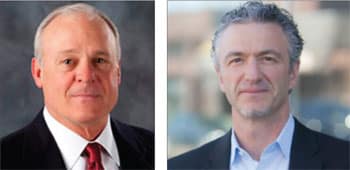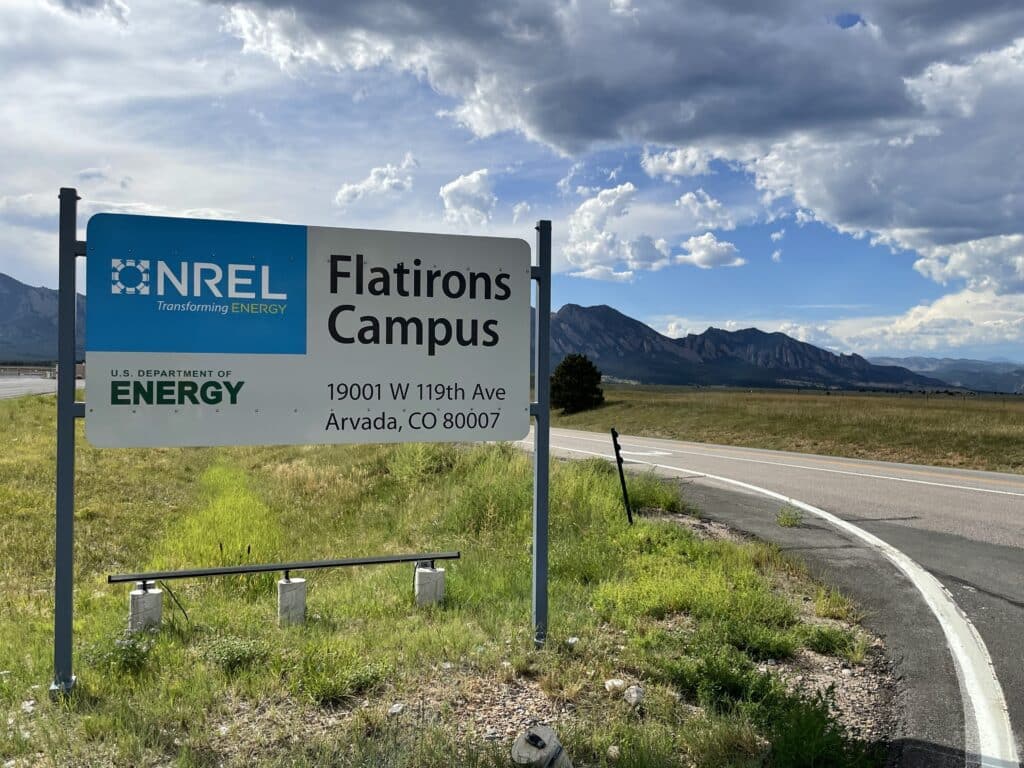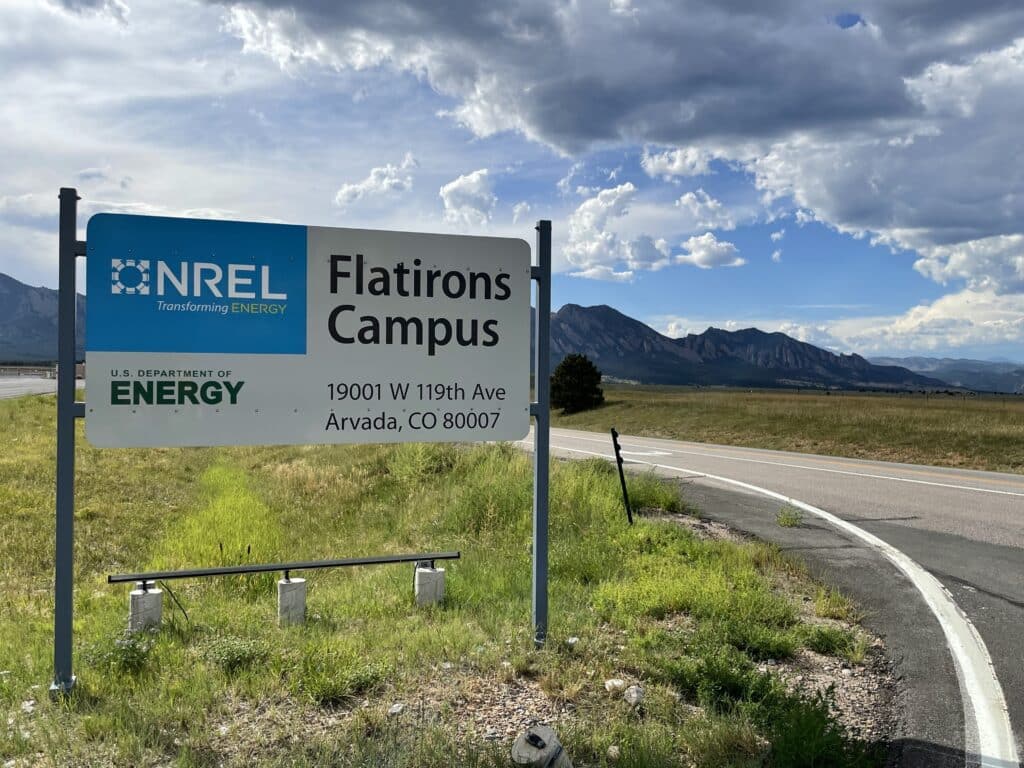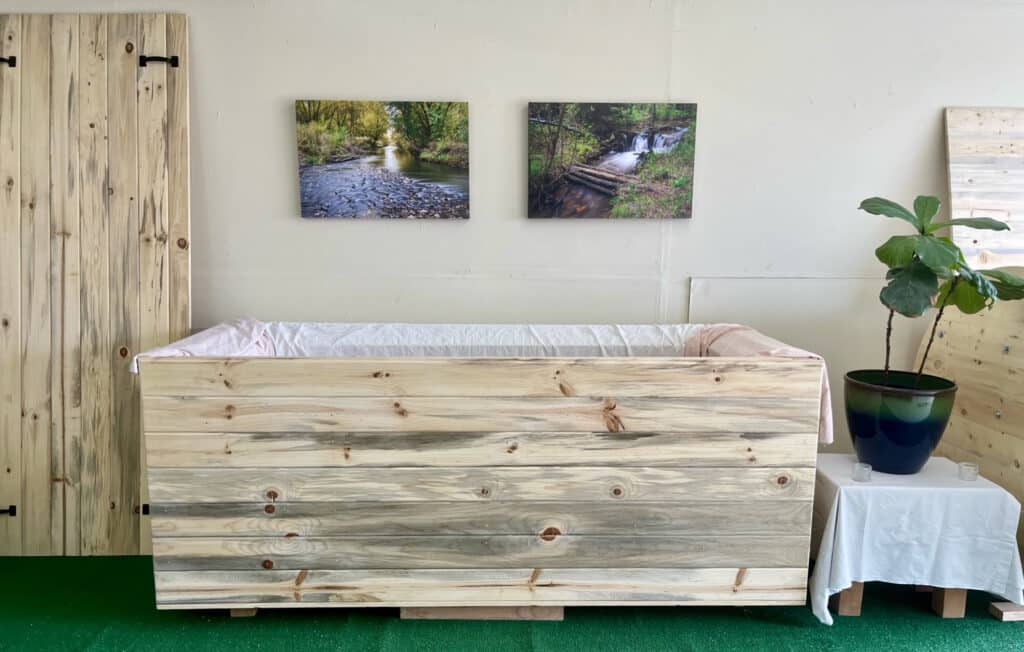Electra emerges from stealth mode to shock steel industry
BOULDER — Steel “is the backbone of our modern society,” Boulder serial entrepreneur Sandeep Nijhawan said, but unfortunately its creation is responsible for about 10% of global greenhouse gas emissions.
As developing nations modernize and industrialize, “you need these foundational building blocks like steel, but with green solutions.”
That’s where Nijhawan’s latest venture Electra comes in.
Electrasteel Inc., founded by CEO Nijhawan and chief technology officer Quoc Pham, claims to have developed a process for making iron and steel using less energy and with more-abundant material.
The founders don’t have backgrounds in metallurgy or materials science but do have a gambler’s spirit when it comes to backing ambitious ventures.
“We pick big problems and see if we can solve them or not,” Nijhawan said.
The company this month stepped out two years in stealth mode to announce a $85 million fundraising round led by Bill Gates-founded Breakthrough Energy Ventures.
“Decarbonizing ironmaking is essential for a zero carbon future and an unparalleled trillion-dollar market opportunity,” Breakthrough Energy Ventures investment lead Carmichael Roberts said in a prepared statement. “Electrifying cost-effective ironmaking without carbon emissions is a paradigm shift in how steel has been made for centuries by burning fossil fuels.”
Electra’s mission, “which is to create green iron without a green premium for decarbonized steelmaking, is capital intensive,” Nijhawan told BizWest. Money raised from investors will be used “to continue to grow our team with engineers, scientists, business professionals, and to build our pilot plant.”
The pilot plant, which will serve as proof of Electra’s concept and technology, will be built at the company’s headquarters on Lookout Road. At buildout, the whole Electra operation in Boulder could take up nearly 55,000 square feet, according to Nijhawan.
Electra claims it can “produce low-temperature iron (LTI) from commercial and low-grade ores using zero-carbon intermittent electricity.” The production method is designed to be less expensive and less detrimental to the environment than conventional iron and steel-making processes.
“We are taking on one of the hardest to abate sectors of our economy,” Nijhawan said.
But there is some mystery surrounding the technological and chemical processes Electra uses to create its iron, which company officials refuse to publicly reveal.
Assuming the Boulder pilot plant pans out, Electra’s leaders hope to build a series of other plants in areas with easy access to iron ore and renewable electricity.
Those plants would likely be monitored by a control room in Electra’s Boulder headquarters.
Electra has a team of about 50 workers now and expects that number to triple in the next year or two.
“Every three months, we refresh our business plan and decide that we need more,” Nijhawan said.
In addition to building the business, Electra’s leaders aim to spark “discussions with folks at the state level and in [Washington] to start shaping policy on carbon-free or emission-free steel,” Nijhawan said, with the hope that the company can “help flatten the carbon emission curve and the trajectory of climate change.”
After spending nearly two decades in Silicon Valley, Nijhawan moved to Boulder in 2016 to launch an energy-storage technology company.
“My primary attraction to Boulder was to improve my quality of life,” he said, noting the magnetism of the Flatirons. “I was driving from Denver toward Boulder many years ago, and the closer I got to Boulder, I just felt an attraction that I couldn’t shake off.”
If the views and the vibes brought Nijhawan to Boulder, the tech talent coming out of places like the University of Colorado and the National Institute of Standards and Technology kept him here and allowed him to build Electra.
“Boulder is a crown jewel, a well-kept secret that’s just getting out,” he said.
Source: BizWest




